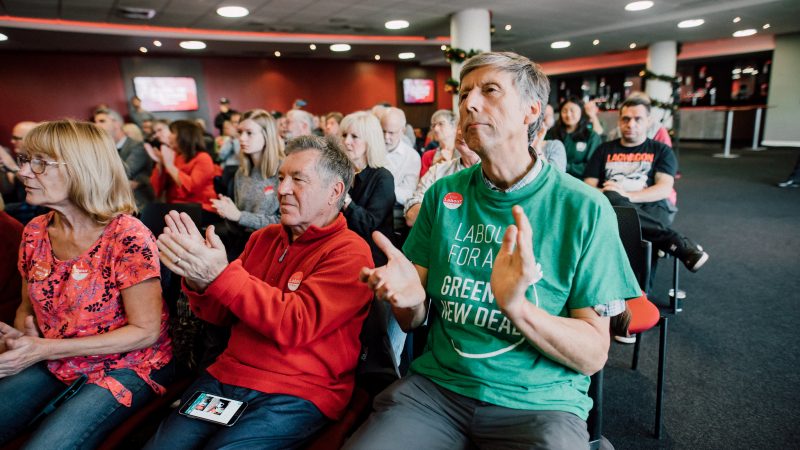
A fresh-faced Tony Blair was elected Prime Minister in 1997. At the heart of his manifesto was a simple phrase: “What matters is what works.” There is – at a surface level, at least – little to disagree with in that phrase. If nothing else, to win power, a party must surely offer effective solutions for the greatest issues facing its population. Such a statement is so obvious that it almost doesn’t need to be said, and yet Labour appears to be renouncing that basic fact.
It doesn’t take laser insight to look around you and figure out what the key problems are: an economy that works for very few at the expense of everyone else; crumbling public services; and a planet that is on the edge of utter catastrophe. Labour’s economic policy announcements in recent days, however, don’t come close to addressing these issues. Keir Starmer has proposed making economic growth a priority. But without changing the structure of the economy, this will continue to benefit the wealthy, with their interests put before the common good including in relation to our environment.
It sounds like Labour is saying that economic growth must come before wage rises or decent public services. Starmer has said that “growth, growth and growth” is required to generate revenue for public services and make workers feel “fairly rewarded”. But Starmer is wrong. The money is already there to raise wages or to stop the starvation of our public services. It is simply being hoarded. Less than 1% of England’s population own nearly half of its land, a key economic resource. The world’s billionaires have more wealth than 4.6 billion people. The world’s ten richest men doubled their wealth during the pandemic as 99% of humanity’s incomes fell.
Lastly, Labour’s recent announcements include an underlined commitment to keep water and energy in private hands – apparently, nationalisation would be too “ideological”. But widespread public support for nationalising key industries is not rooted in ideology, but in practical necessity. We must take the profit motive out of the provision of public goods to stop the leeching of working people’s hard-won incomes through exploding bills (some energy companies are making record profits, during a cost-of-living crisis).
We cannot rapidly transition to a zero-carbon economy without key tools for this battle being in all of our hands. The last 40 years of continuing environmental ruin have shown that when the wealthy are asked to make a choice between their interests and our collective good, they will virtually always opt for the former.
Not only will Starmer and Rachel Reeves’ aversion to public ownership see them fail on both climate and economic injustices, their approach also appears to be unpopular with voters. For example, polls have shown that 60% of the public support energy nationalisation, 63% support water nationalisation and 55% back above-inflation pay rises for NHS staff (not conditional on growth).
Labour for a Green New Deal’s 2022 conference motion makes the case for the centrality of democratic public ownership to any green new deal. We are now asking Labour Party members to pass it through their branch and Constituency Labour Parties (CLPs) to reaffirm our movement’s commitment to these principles.




More from LabourList
‘Labour is being badly misled on housing’
Reeves bets on patience over populism
‘Energy efficiency changes must work for older private renters’